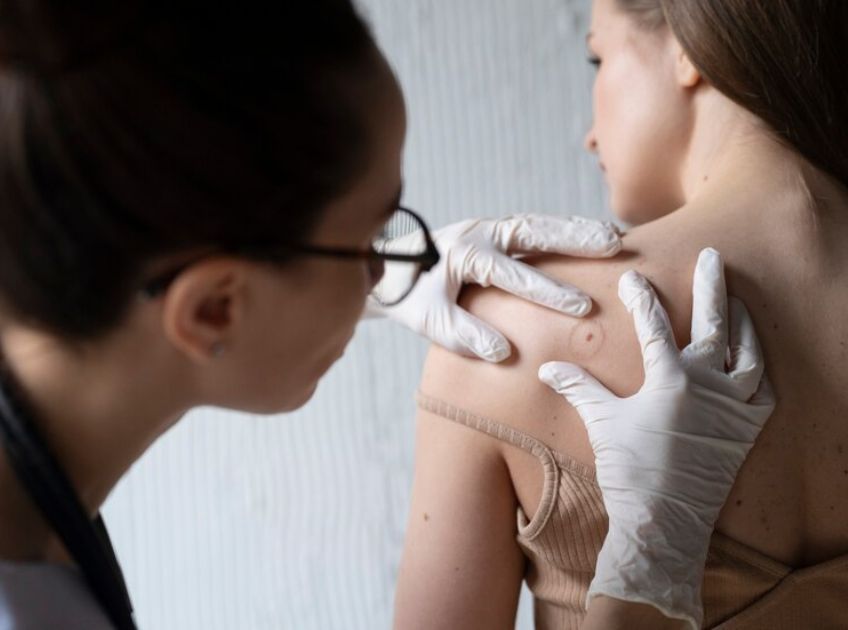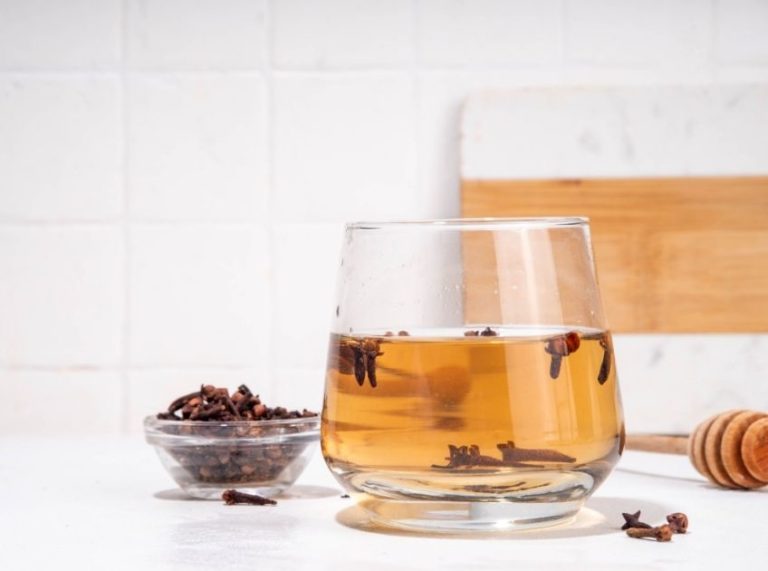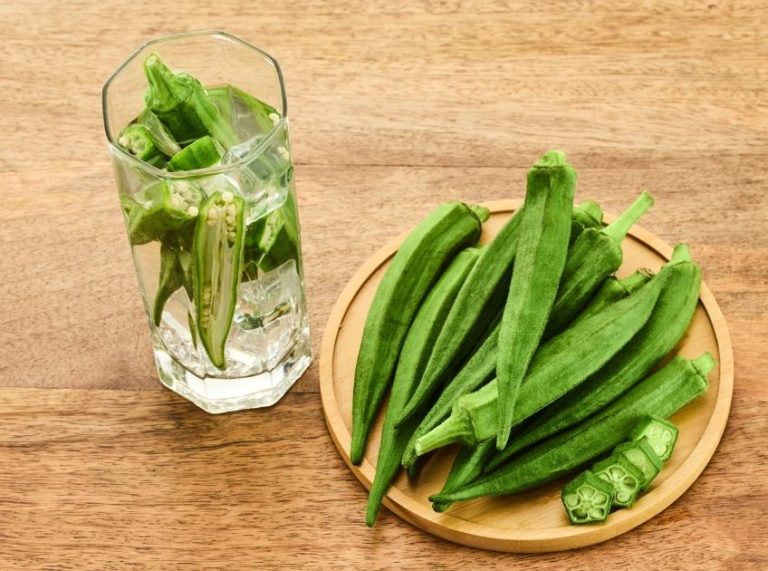
Important: This article is for informational purposes only. Please read our full disclaimer for more details.
Wasp stings can cause intense pain, redness, and swelling. While over-the-counter creams help, essential oils offer a natural way to soothe the sting and speed up recovery. Their anti-inflammatory and antibacterial properties make them a gentle, effective choice for home remedies.
Backed by Science: Why Essential Oils Work
Studies highlight the bioactive compounds in essential oils that help calm skin and reduce swelling. For example:
Lavender oil contains linalool, shown in Phytomedicine to reduce pain and irritation (1).
Tea tree oil has terpinen-4-ol, which Clinical Microbiology Reviews found effective in preventing infection (2).
Peppermint oil offers cooling menthol, supported by Evidence-Based Complementary and Alternative Medicine for pain relief (3).
These findings add credibility to using essential oils as part of first aid for wasp stings.
5 Essential Oils for Wasp Sting Relief
1. Lavender Oil – Soothing Comfort
Lavender oil is one of the best natural remedies for calming pain and inflammation from wasp stings. Its gentle nature makes it safe for most skin types, especially when diluted. The linalool and linalyl acetate compounds in lavender help reduce redness and swelling while promoting skin healing.
- How to use: Mix 2–3 drops with a teaspoon of coconut oil and apply directly to the sting area twice a day.
- Why it works: Research in Phytomedicine supports lavender’s analgesic and anti-inflammatory effects, making it a staple for insect bite relief.
2. Tea Tree Oil – Antiseptic Protection
Tea tree oil is packed with antimicrobial compounds that protect the sting site from infection. Its terpinen-4-ol content helps keep the skin clean while reducing inflammation.
- How to use: Dilute 1–2 drops in a carrier oil like olive or jojoba and dab gently on the sting. Repeat twice daily.
- Why it works: Clinical Microbiology Reviews highlights tea tree oil’s ability to fight bacteria, making it ideal for preventing secondary infections after a wasp sting.
3. Peppermint Oil – Cooling Sensation
The menthol in peppermint oil provides a cooling effect that numbs pain and eases the burning sensation from a wasp sting. It also helps reduce itching as the sting heals.
- How to use: Mix 1–2 drops with a carrier oil and apply to the sting. For added relief, store the diluted blend in the fridge before use.
- Why it works: According to Evidence-Based Complementary and Alternative Medicine, menthol desensitizes pain receptors and minimizes discomfort.
4. Chamomile Oil – Gentle Healer
Chamomile oil is perfect for sensitive skin and children’s insect stings. Its azulene content has strong anti-inflammatory properties that soothe irritation and calm skin reactions.
- How to use: Combine 2 drops with a teaspoon of almond oil and apply gently to the sting site 2–3 times daily.
- Why it works: Studies on chamomile show it helps reduce redness and promotes skin recovery, making it a safe, mild option for delicate skin.
5. Eucalyptus Oil – Anti-Inflammatory Power
Eucalyptus oil is known for its cooling and anti-inflammatory effects, helping to bring down swelling and relieve pain quickly. Its cineole content supports skin healing and circulation.
- How to use: Mix 1–2 drops in a carrier oil and gently massage onto the sting. Repeat as needed for relief.
- Why it works: Research published in Alternative Medicine Review suggests eucalyptus oil reduces skin inflammation and speeds up recovery from insect bites and stings.
Frequently Asked Questions (FAQ’S)
1. Can I apply essential oils directly to a wasp sting?
A. No, always dilute them with a carrier oil to avoid skin irritation.
2. How soon can I use essential oils after being stung?
A. Clean the area first, then apply diluted essential oils as soon as possible to reduce pain and swelling.
3. Do essential oils work for severe allergic reactions?
A. They are only for minor stings. If you experience severe swelling, difficulty breathing, or hives, seek medical help immediately.
Essential oils like lavender, tea tree, and peppermint provide natural relief from wasp stings by reducing pain, inflammation, and infection risk. Supported by scientific studies, they make an excellent addition to your first-aid kit for quick, gentle healing. Always dilute before use for safe application.















